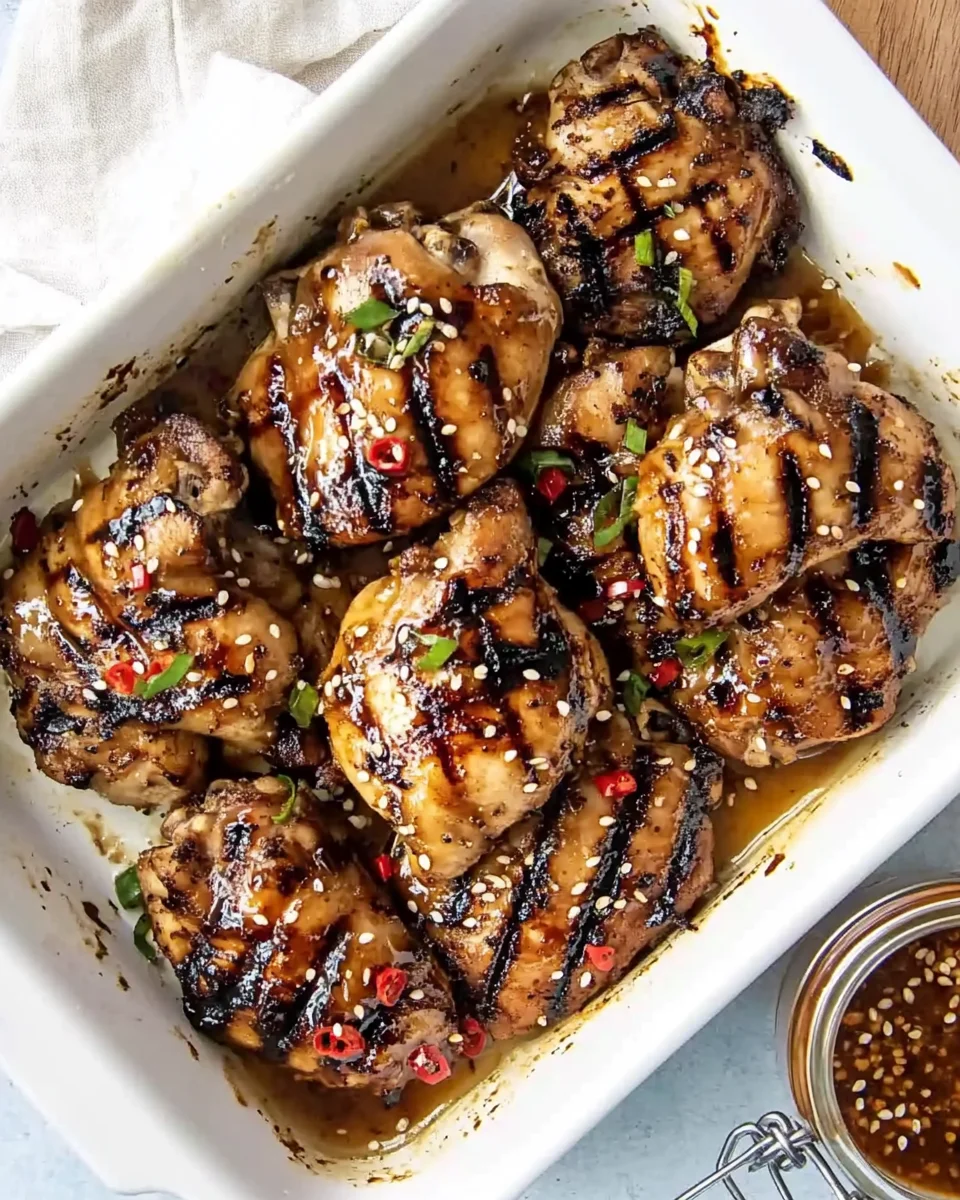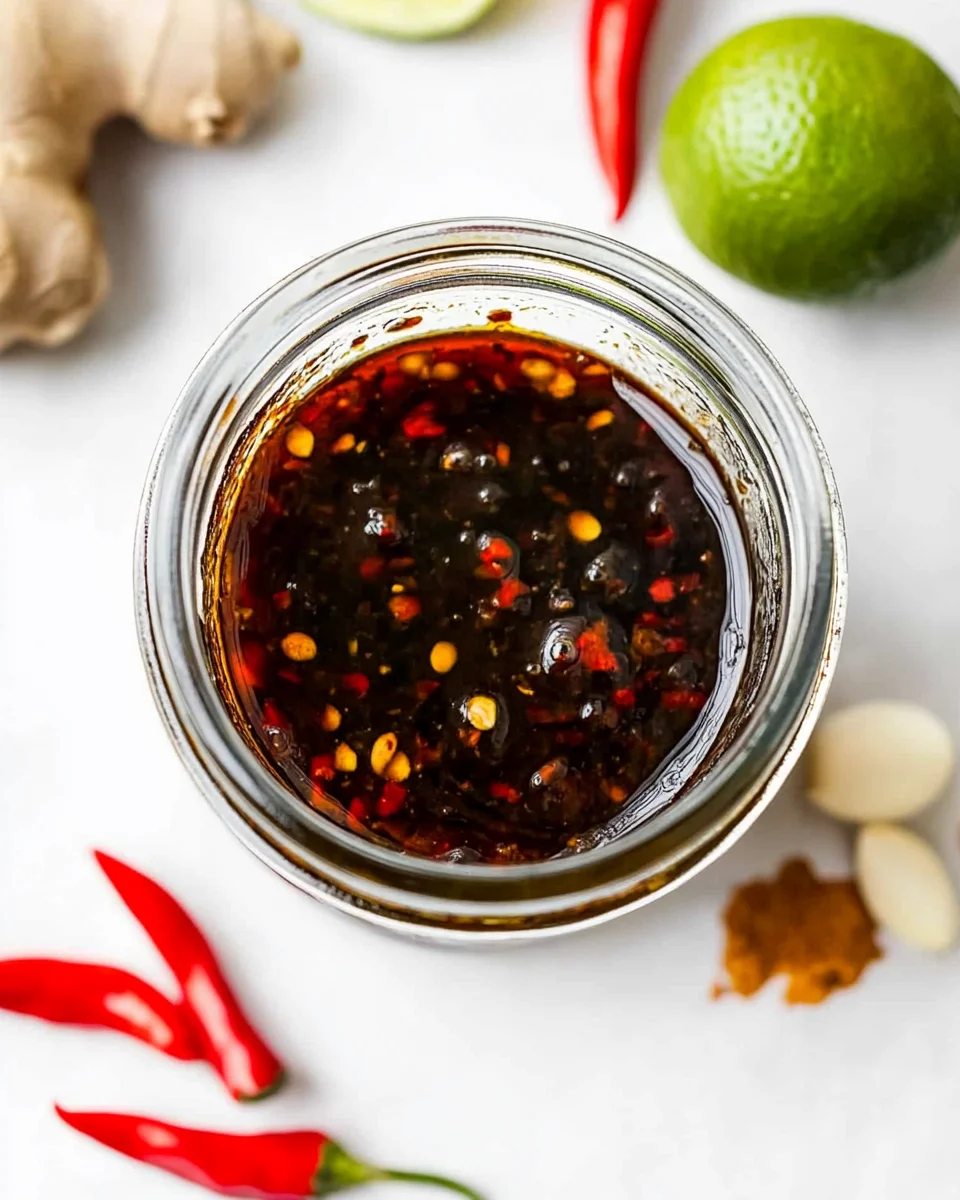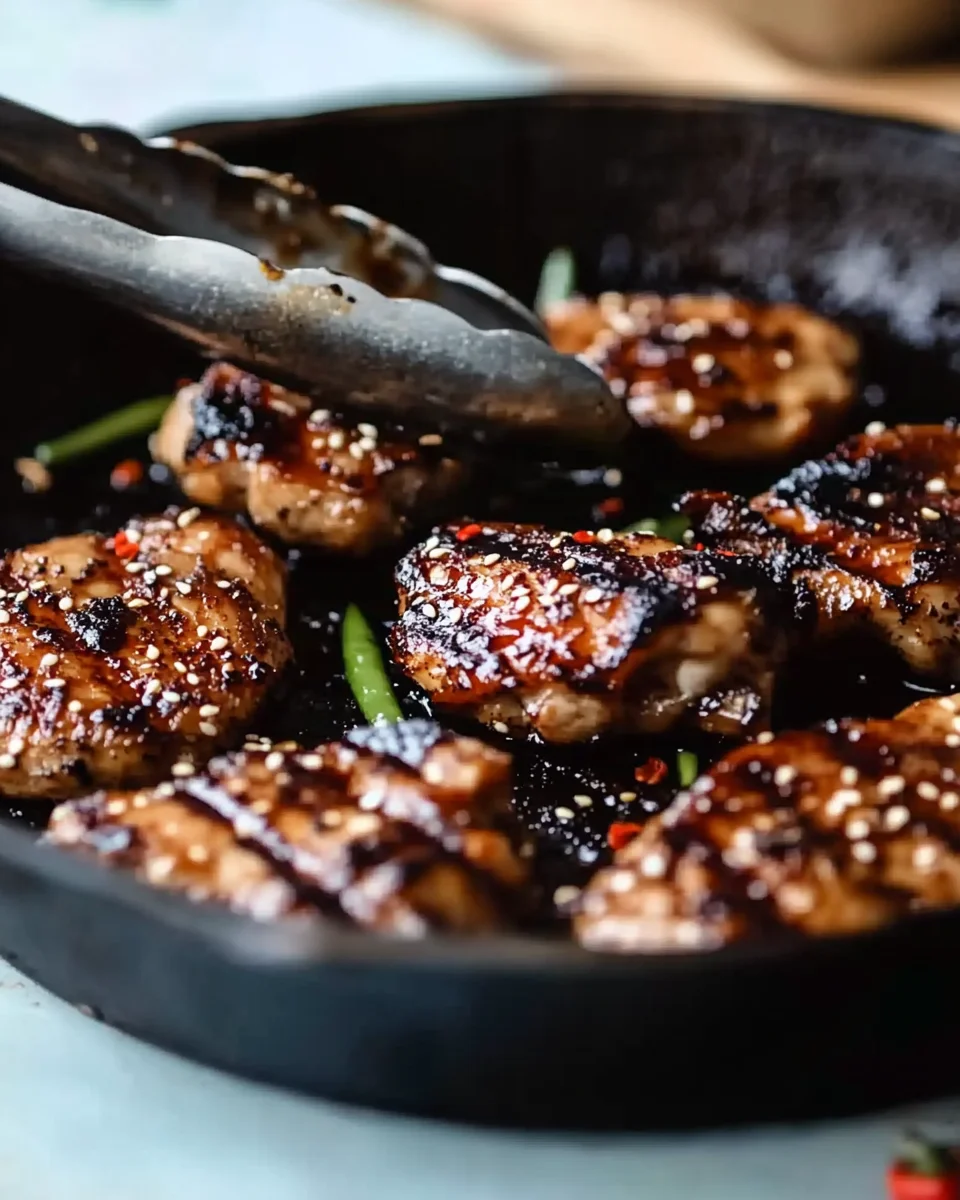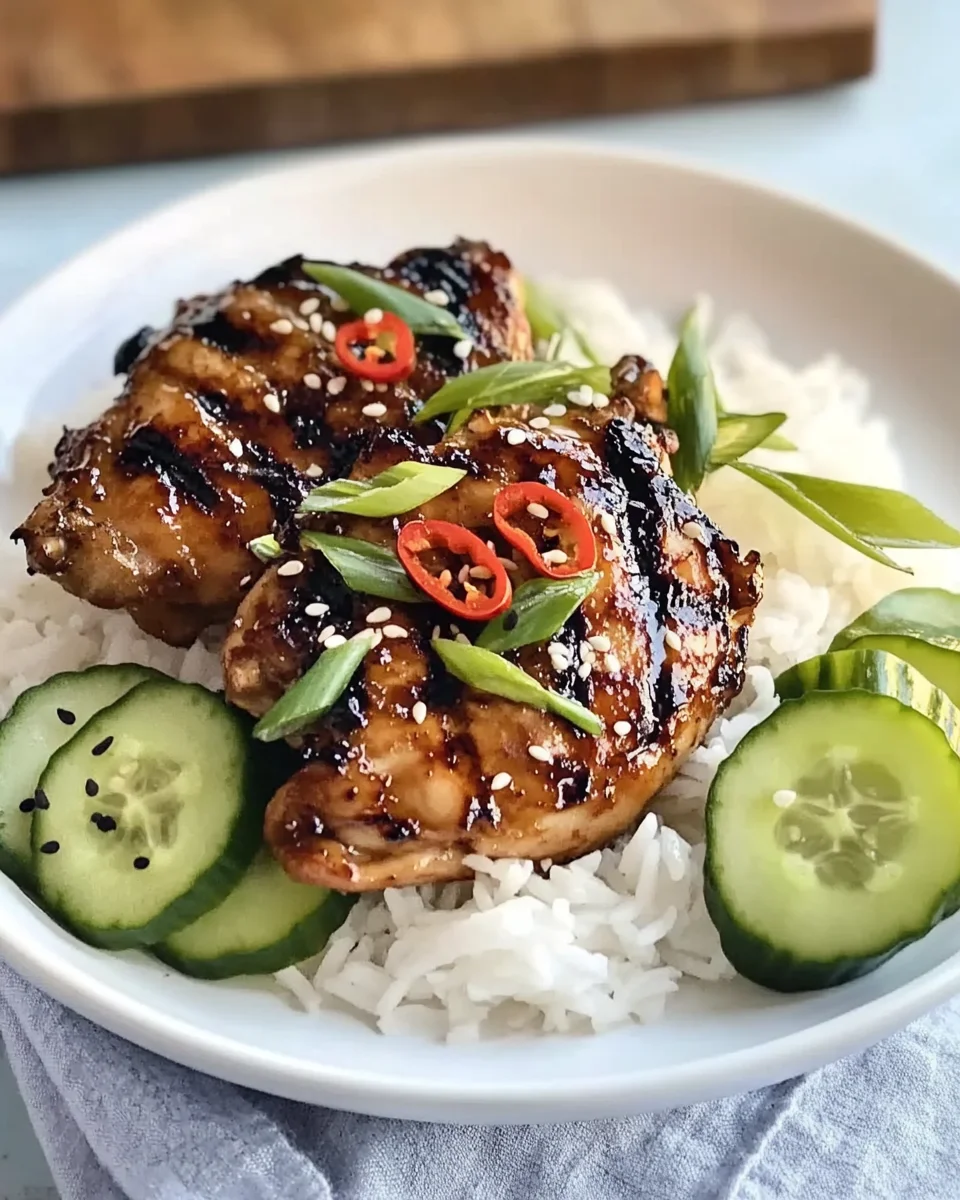Asian chicken marinades are a cornerstone of flavorful cooking, elevating simple chicken into a mouthwatering dish bursting with sweet, savory, tangy, and spicy notes. This culinary wonder is highly versatile, making it perfect for grilling, baking, stir-frying, or even air frying. From weekday dinners to festive occasions, mastering the art of an Asian chicken marinade ensures a world of delightful meals that never fail to impress.
Why Asian Chicken Marinades Are a Game-Changer
The beauty of Asian chicken marinades lies in their ability to infuse deep, complex flavors into any cut of chicken. Unlike surface-level seasoning, marinades work to tenderize the meat, ensuring the flavor penetrates to the core. Whether you’re using it as a quick fix for a last-minute meal or preparing ahead for a party, Asian marinades make the process effortless while delivering consistent results.
Moreover, the ingredients are often readily available in most kitchens, including soy sauce, garlic, ginger, and sesame oil. The versatility of these marinades means you can create endless variations tailored to your tastes. For beginners, it’s an easy way to experiment with global flavors without overwhelming complexity.
The Science Behind a Great Marinade
How Marinades Work
A good marinade works in two main ways:
- Flavor Penetration: Ingredients like soy sauce and garlic infuse the chicken with savory, umami flavors.
- Tenderization: Acids like vinegar or citrus juice break down proteins in the chicken, making it softer and juicier.
Oils in the marinade act as a carrier for fat-soluble flavors, ensuring they evenly coat the chicken. Meanwhile, sugars caramelize during cooking, creating that irresistible golden crust.
Balancing the Five Basic Tastes
Asian cuisines are known for their mastery of balancing the five fundamental tastes:
- Sweet: Honey, sugar, or mirin provides a gentle sweetness.
- Salty: Soy sauce or fish sauce contributes umami and saltiness.
- Sour: Rice vinegar or lime juice adds a tangy brightness.
- Bitter: Sesame oil or charred marinades lend subtle bitterness.
- Spicy: Chili paste, red pepper flakes, or sriracha introduces heat.
Understanding how these elements interact allows you to craft a marinade that hits every note perfectly.
Exploring Regional Variations of Asian Chicken Marinades
Chinese-Style Marinade
Chinese marinades typically combine soy sauce, Shaoxing wine, and aromatic spices like star anise and cinnamon. These ingredients create a deep, rich flavor perfect for slow cooking or stir-frying.
Japanese Teriyaki Marinade
The Japanese teriyaki marinade features soy sauce, mirin, sake, and sugar, resulting in a glossy, sweet-savory coating. This is ideal for grilling or broiling chicken skewers.
Thai Coconut Marinade
Thai marinades lean on coconut milk, lime juice, lemongrass, and fish sauce for a fragrant, creamy result. This marinade pairs well with grilled or baked chicken.
Korean Gochujang Marinade
Korean marinades are bold and spicy, with ingredients like gochujang (red chili paste), garlic, sesame oil, and brown sugar. This marinade is perfect for BBQ chicken wings or thighs.
Choosing the Right Chicken for Marinades
Which Cuts Work Best?
Not all chicken cuts are equally suited for marinades.
- Thighs: With their higher fat content, thighs retain moisture and flavor exceptionally well.
- Breasts: Leaner but versatile, they benefit from light scoring to absorb the marinade.
- Wings: Ideal for snacking, wings have plenty of surface area to hold the marinade.
- Drumsticks: These are great for grilling, as the bone adds extra flavor during cooking.
Bone-In vs. Boneless
Bone-in cuts like thighs and drumsticks absorb flavors differently than boneless cuts. While boneless chicken allows for more even cooking, bone-in pieces stay juicier and offer a more robust flavor.
Essential Ingredients for Asian Chicken Marinade
Soy Sauce: The Backbone of Flavor
Soy sauce is the foundation of most Asian marinades, providing a rich, savory base. Choose between light soy sauce for seasoning and dark soy sauce for color and depth.
Aromatics: Garlic, Ginger, and Beyond
Garlic and ginger are essential aromatics that bring warmth and complexity to the marinade. Freshly grated ginger adds a sharp, zesty note, while garlic delivers a mellow sweetness.
Sweeteners: Balancing the Savory
Adding sweetness to your marinade balances out the saltiness of the soy sauce. Brown sugar, honey, or maple syrup are excellent choices.
Acidic Ingredients: Tenderize and Brighten
Acids like rice vinegar, lime juice, or even pineapple juice break down proteins in the chicken, making it tender while imparting a refreshing tang.
Spices and Heat
From chili paste to crushed red pepper flakes, spice levels can be adjusted to taste. If you’re looking for a mild kick, try using freshly cracked black pepper.
How to Prepare the Perfect Asian Chicken Marinade
Step-by-Step Guide
- Combine Ingredients: Whisk together soy sauce, garlic, ginger, rice vinegar, and sesame oil in a bowl.
- Adjust for Taste: Add sugar for sweetness or chili paste for heat.
- Mix Well: Ensure the ingredients are fully combined for even distribution.
- Apply to Chicken: Coat the chicken evenly, making sure all sides are submerged or brushed.
- Marinate in the Fridge: Place the chicken in a resealable bag or covered dish and refrigerate.
Tools for Success
Using glass or stainless-steel bowls prevents acidic ingredients from reacting with the container, preserving the flavor and integrity of the marinade.
How Long Should You Marinate Chicken?
The length of marination depends on the cut and the strength of the marinade.
- Quick Marinades (15-30 minutes): Perfect for thin slices of chicken or when using a highly concentrated marinade.
- Moderate Marinades (1-6 hours): Ideal for thighs, wings, and drumsticks.
- Overnight (8-12 hours): Works for large bone-in cuts or when using a mild marinade.
Avoid marinating for too long, as acids can over-tenderize the meat, resulting in a mushy texture.
Cooking Techniques for Marinated Chicken
Grilling
Grilled chicken gains a smoky char that enhances the marinade’s flavor. Cook over medium heat, turning frequently to avoid burning.
Baking
For juicy, tender chicken, bake marinated pieces at 375°F for 25-30 minutes. Use a meat thermometer to ensure the internal temperature reaches 165°F.
Stir-Frying
Stir-frying marinated chicken in a hot wok allows the sauce to caramelize while locking in moisture.
Air Frying
An air fryer creates crispy, golden chicken with less oil. Set the temperature to 375°F and cook for 12-15 minutes, flipping halfway.
Pairing Asian Marinated Chicken with Sides
A complete meal is not just about the chicken; pairing it with the right sides enhances the dining experience.
- Rice: Steamed jasmine or fried rice absorbs the marinade’s savory juices.
- Noodles: Serve with sesame noodles or stir-fried lo mein for a comforting touch.
- Vegetables: Add sautéed bok choy, roasted asparagus, or charred bell peppers for balance.
- Salads: Pair with a fresh Asian slaw made from shredded cabbage, carrots, and sesame dressing.
Storing and Reusing Marinades
Safe Storage Tips
Store unused marinade in an airtight container in the fridge for up to a week. Used marinade should not be reused without cooking to eliminate bacteria.
Creative Reuse
- Sauces: Simmer leftover marinade with cornstarch for a flavorful sauce.
- Glazes: Brush onto chicken during the last few minutes of cooking for a sticky finish.
- Soup Bases: Add to broths for a savory boost.
Common Mistakes and How to Avoid Them
- Not Balancing Flavors: Overloading on one ingredient can throw off the balance. Taste as you go!
- Skipping Scoring or Pounding: This step helps the marinade penetrate more deeply.
- Using Too Much Acid: Excess acid can result in mushy chicken.
- Marinating at Room Temperature: Always marinate in the fridge to prevent bacterial growth.
FAQs About Asian Chicken Marinade
How do Asians make their chicken so tender?
Asian recipes often use tenderizers like rice wine, soy sauce, or pineapple juice to soften the meat naturally.
How long should chicken sit in marinade?
Chicken can marinate anywhere from 15 minutes to 12 hours, depending on the cut and the marinade’s strength.
What does vinegar marinade do to chicken?
Vinegar helps break down proteins, tenderizing the meat and adding a tangy flavor.
Is chicken better the longer you marinate it?
Not always. Over-marinating can lead to an unpleasant texture, so follow recommended times.
Conclusion
Creating the perfect Asian chicken marinade is an art that blends bold flavors, careful preparation, and thoughtful cooking techniques. Whether you’re crafting a sweet teriyaki glaze, a spicy Korean mix, or a creamy Thai coconut marinade, these recipes unlock endless culinary possibilities. By pairing your marinated chicken with complementary sides and following best practices, you can transform a simple meal into a masterpiece.
For more recipe inspiration, visit Inspired Recipes.





1 thought on “Perfect Asian Chicken Marinade for Flavorful Meals”